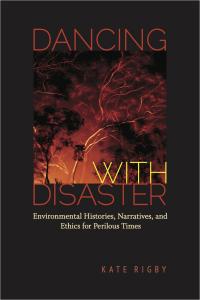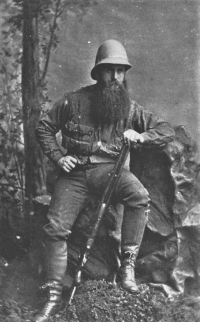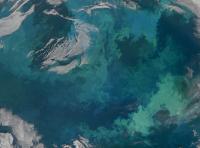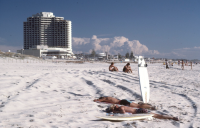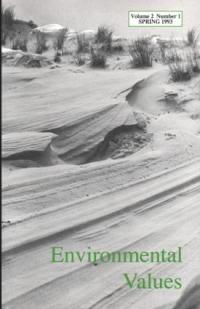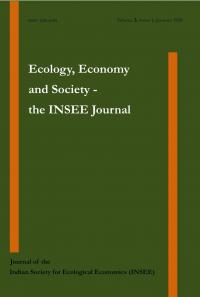Dancing with Disaster: Environmental Histories, Narratives and Ethics for Perilous Times
Kate Rigby examines a variety of past disasters, from the Black Death of the Middle Ages to the mega-hurricanes of the twenty-first century, revealing the dynamic interaction of diverse human and nonhuman factors in their causation, unfolding, and aftermath. Focusing on the link between the ways disasters are framed by the stories told about them and how people tend to respond to them in practice, Rigby also shows how works of narrative fiction invite ethical reflection on human relations with one another, with our often unruly earthly environs, and with other species in the face of eco-catastrophe.


